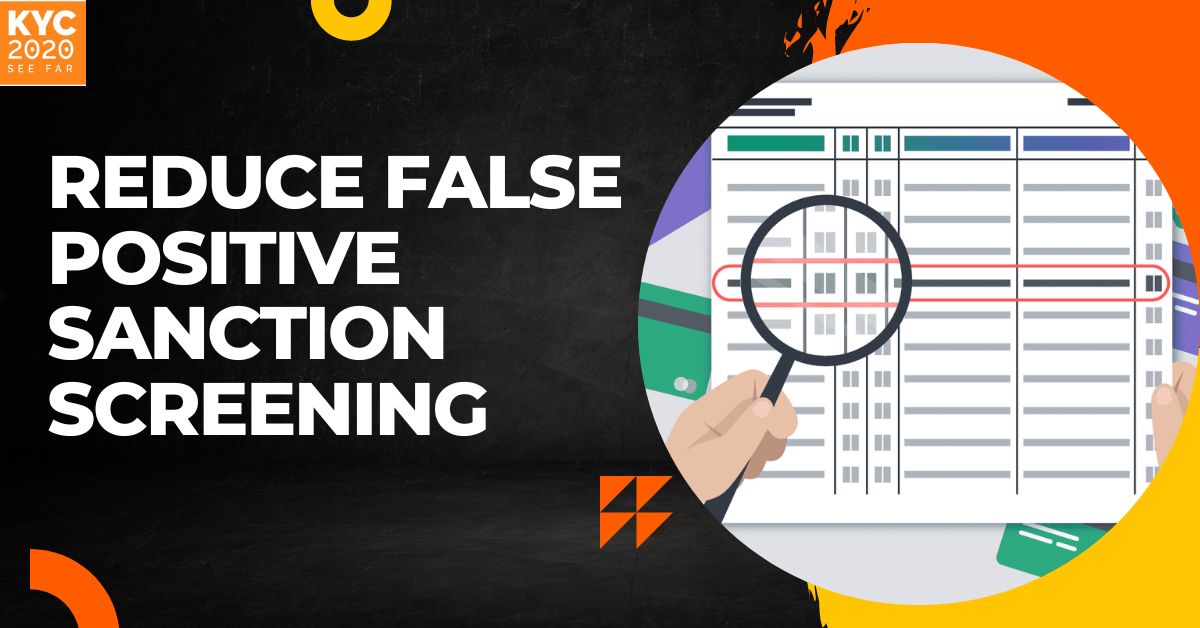Sanction screening is a critical process for any organization that works with clients or customers. It is intended to help identify potential financial crime risk, and allows businesses to remain compliant with government regulations and other laws.
But what happens when the results of the screening return false positives? Let’s explore why false positives happen, and how you can reduce them.
What Causes False Positives?
False positives occur when an individual or entity appears on a list of sanctioned entities, but should not be considered as such. This could be because the name does not match exactly, or because the person has been incorrectly identified as someone who is sanctioned.
False positives are more likely when the information used for sanction screening is incomplete, inaccurate, outdated, or contains typos.
The Impact of False Positives
False positives can have costly consequences for organizations. Not only do they create unnecessary delays in processing payments and customer onboarding, but they can also lead to significant reputational damage if the mistake isn’t caught before it reaches regulators.
Furthermore, repeatedly having suspicious transactions flagged by regulators for further review can lead to fines and sanctions from authorities down the line.
Reducing False Positives
Fortunately, there are steps you can take to reduce false positives. First and foremost is investing in a comprehensive data set that includes all relevant information about individuals and companies on sanctioned lists—including aliases, family members, former addresses, etc.—so that all possible matches are captured accurately and immediately.
Additionally, utilizing AI-driven solutions helps to improve accuracy of information by cross-referencing multiple sources and performing real-time checks against global watchlists so that false positives are minimized.
Conclusion:
Reducing false positives in sanction screening is very important for any business that needs to comply with governmental regulations and other laws. False positives can cause delays in processing payments and customer onboarding processes as well as lead to significant reputational damage or financial penalties from authorities down the line.
Fortunately, there are steps you can take to reduce false positives including investing in a comprehensive data set and utilizing AI-driven solutions for improved accuracy of information checks against global watchlists. With these measures in place your company will be ready to meet compliance requirements while avoiding costly mistakes due to false positive results from sanction screening checks!







